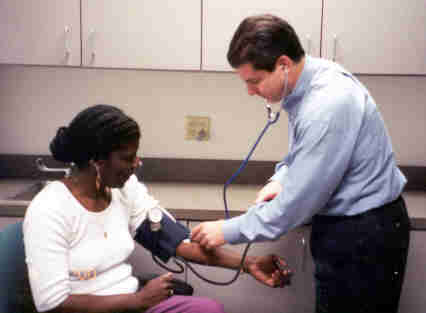Tweet
There have been a couple of interesting papers on heart disease published in the last week. The first to have caught my eye was on "risk factors" - that golden concept that has been the bedrock of how we run our preventative health programs for heart disease. It appears that we may have to "tweak" -and tweet - it a little. Currently when we look at risk factors we project "risk" over a 10 year period, which of itself is no bad thing, but according to new results from the Cardiovascular Lifetime Risk Pooling Project, published in the January 26, 2012 issue of the New England Journal of Medicine, by the time people get into thier 40's and 50's, even though they may only have a couple of risk factors such as elevated Lipids and High Blood pressure, the risk for a lifetime cardiovascular event jumps precipitously.
I draw two conclusions from this: first we need to work hard on educating young people that they need to get their risks to zero because by the time they get to middle age, even just a couple of risks can be life-threatening. And secondly, that message must also be rammed home to all middle aged people if they want to live to a grand old age without suffering a cardiovascular event.
The second article was on resistant Hypertension and further insights that have been gathered there. According to Dr. Henry Black, Professor of Internal Medicine at the New York University School of Medicine, about 60% of patients referred to them have resistant blood pressure and they can get 60% of those down to normal ranges with aggressive treatment. That still leaves 40% to work on, but with the "rediscovery" of that age old medication Spironalactone by researchers at Birmingham Alabama, they think they can get that 40% down to 10%. So where do we look next?
Well apparently we look at our patients to see if they have a large neck and ask their spouse/partner whether the patient snores or not, because Obstrucitve Sleep Apnoea is the most common condition associated with resistant Hypertension as reported by Pedrosa RP et al from the Sleep Study unit in Sao Paulo Brazil.
Its great when people come up with these little refinements as it helps primary physicians and patients to extend their practical knowledge before having to refer to large, busy hospital units.
image
Ampersands & angle brackets need to be encoded.

1 comment:
Another interesting, informative article. You are so right, we do need to impress upon our young people the importance of eating right so it doesn't catch up with them in middle age. It's something that should be stressed in the family, but seldom is because the parents also have bad habits.
Post a Comment